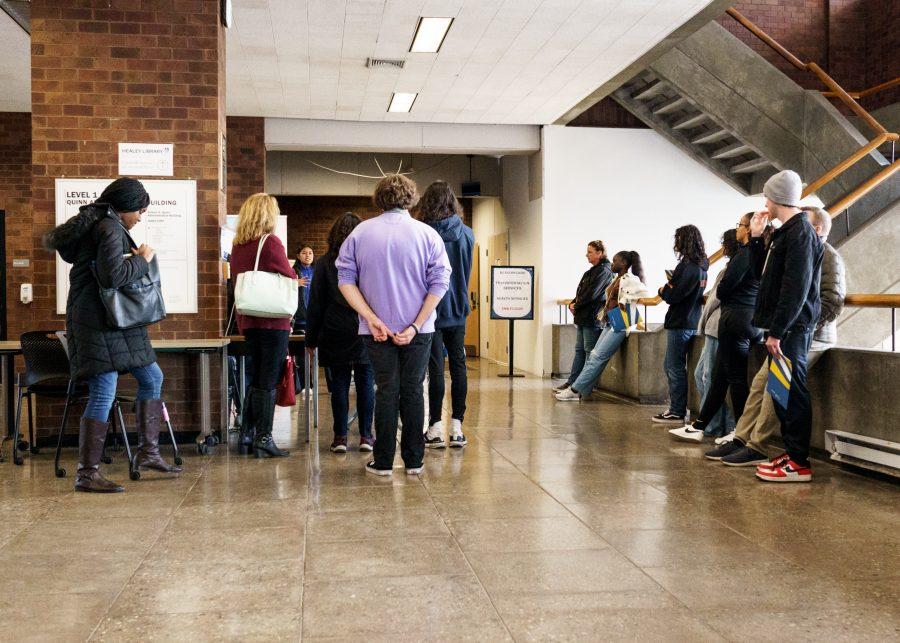This past spring, with almost no media coverage, the Massachusetts House of Representatives passed a measure that would require UMass Amherst to study the feasibility of establishing a new school of public health—specifically the “Massachusetts school of health sciences education and center for healthcare workforce innovation” at UMass Amherst’s Mount Ida campus. The measure was introduced in April by Watertown Democrat Representative John Lawn. In an interview with Commonwealth Magazine, Representative Lawn emphasized the urgency of the labor shortage facing the healthcare industry, saying “in every industry we have workforce challenges but none in more dire straits than our health care workforce.” On this point he is absolutely correct.
However, he then goes on to say that “Having a campus inside [route] 128, near our hospital systems, it would be an interesting idea to check and see if it makes sense to try and turn this into an area where we could really invest and start to train a health care workforce.” In the same article, a spokesman for UMass Amherst added that the University is open to the idea and proceeded to speak in vague terms about the Mount Ida campus as “a hub of innovation, collaboration, and engagement that takes on the greatest challenges facing the commonwealth.” What Representative Lawn and the folks at UMass Amherst seem to be forgetting is that there already is a campus inside 128, and within the UMass system, doing just that—UMass Boston. Currently, UMass Boston has a sizable school of Nursing and Health Science, as well as the newly established School of Urban Public Health, putting us at the forefront of tackling the health care workforce challenges that Lawn emphasized.
Granted, this proposal may not seem like a big deal at face-value, but let’s remember that UMass Amherst’s Mount Ida campus—where this new public health college would be located—is on the former site of Mount Ida College in Newton, just 11 miles as the crow flies from Columbia Point. Right now, from what I can gather from the limited information available, this proposal has not moved past the feasibility study—but if the state takes any further action on this proposal, the result would be UMass Amherst directly competing with UMass Boston only miles from our campus. It would mean that UMass funds would be used in a way that would favor UMass Amherst while actively undermining us here at UMass Boston.
In the time since this measure passed the House of Representatives, it has received little to no attention which leads me to believe that any future steps toward establishing a “school of health sciences education and health care workforce innovation” at the Mount Ida campus remains unlikely. That said, even if unlikely, it’s not out of the question given the long history of favoritism shown to UMass Amherst over UMass Boston, Lowell and Dartmouth. After all, let’s remember that UMass Amherst was able to purchase a whole new campus in Newton while UMass Boston continues to face ongoing construction delays, air quality concerns and a looming parking shortage with no solutions in sight. We’ve been willing to accept this reality, as Amherst is the flagship campus of the UMass system, but any additional action on Representative Lawn’s proposal, and the direct competition between campuses it would cause, would be a bridge too far on the part of the commonwealth and the UMass system.
It is also worth noting though that while creating such a program would create significant problems within the UMass system, Lawn’s point on challenges facing the healthcare industry is well taken. We do need to find ways to tackle workforce shortages in the healthcare industry, but the solution isn’t establishing new programs at Mount Ida and creating more internal conflict within the UMass system. If we really want to take on this very real crisis facing the commonwealth, we should invest in the programs we already have; that means investing in UMass Boston. We need to make sure that our public health and nursing programs have the resources they need, and that Boston’s only public research university—UMass Boston—has access to the state funds it needs.

